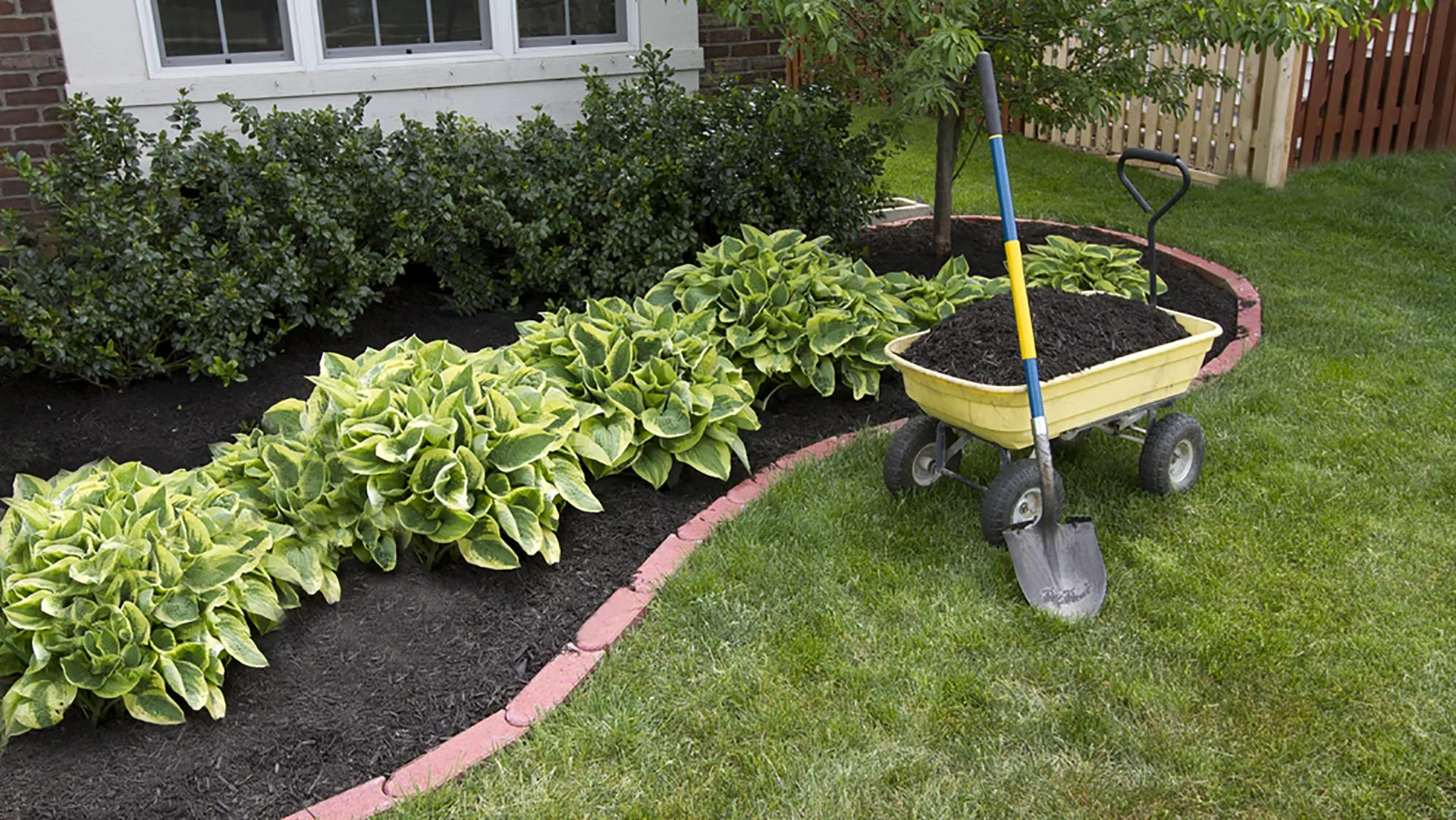Your trees and shrubs are focal points on your property, but there are common plant insects here in Tennessee that can threaten their health and beauty. These include bagworms, aphids, spider mites, and crape myrtle bark scales. Each of these pests can severely damage your trees and shrubs, so it is essential to know the signs of an infestation, identify the pest, and take action to prevent further damage by scheduling professional treatments. Continue reading to learn more about these plant insects and what you can do to deal with them.
Bagworms are common plant insects that can damage your trees and shrubs.

Bagworms are one of the most commonly found plant insects and are known to wreak havoc on trees and shrubs. These caterpillars feed on foliage and create bags out of silk and plant materials, which they use as a protective covering. Because of this, they are easily identifiable, as their small, cone-shaped bags hang from the branches they are feeding upon. Bagworms can completely defoliate trees and shrubs and lead to severe damage or even kill them if left untreated.
Aphids feed on the sap of trees and shrubs.

Aphids are tiny, soft-bodied insects that feed on the sap of plants. They can be found on the leaves, stems, and flowers of trees and shrubs. Aphids reproduce quickly, and a few can turn into a significant infestation before long. Signs of an aphid infestation include curling, yellowing, and wilting leaves and a sticky substance known as honeydew on them. The honeydew can attract other pests, such as ants, and promote the growth of sooty mold.
Spider mites are tiny pests that can cause extensive damage to your trees and shrubs.

Spider mites are a type of tiny pest that is difficult to see with the naked eye. However, their presence on your property can be detected by the fine webbing they produce on the leaves of trees and shrubs. Like aphids, spider mites are sap-sucking pests, causing the leaves to turn yellow or brown and eventually drop off. Spider mite infestations can spread rapidly and lead to significant damage if not treated promptly.
Crape myrtle bark scale is another plant insect that can cause severe damage to your trees.

The crape myrtle bark scale is a relatively new pest that has recently made its way to Tennessee. These small insects attach themselves to the bark of crape myrtle trees and feed on the sap. These pests can produce honeydew and cause the tree to lose its leaves, have stunted growth, and develop black mold on the bark. Infestations can also lead to the death of your trees if not treated promptly.
What should you do if you spot any plant insects on your trees and shrubs?
If you’ve noticed any of these insects on your trees and shrubs, it’s crucial to act quickly. The longer an infestation is left untreated, the more damage it can cause. The best course of action to deal with bagworms, aphids, spider mites, or crape myrtle bark scale is to call professionals to schedule treatments as soon as possible. Professionals will be able to identify the pest that’s plaguing your plants and effectively eliminate them.
Some professional companies offer a tree and shrub care program with routine inspections for insects to catch them as soon as possible.
Call us today to schedule our tree and shrub disease and insect control service.
Are plant insects harming your trees and shrubs? If so, turn to our professionals at Picture Perfect Landscapes. We offer a tree and shrub disease and insect control service, where we can apply highly effective curative treatments to eliminate bagworms, aphids, spider mites, crape myrtle bark scales, or any other insect threatening their health and beauty. What's more, this service is available as part of our tree and shrub care program, which also includes fertilization applications!
We offer our tree and shrub disease and insect control service to residential and commercial properties and HOAs in Memphis, Midtown Memphis, East Memphis, and other nearby communities in Tennessee. Give us a call today at (901) 246-7656 to sign up and let us help you rid your plants of pesky insects.







Comments (0)
Thanks for your comment!
Thanks for your feedback! Your comments have been successfully submitted! Please note, all comments require admin approval prior to display.
Error submitting comment!
There is a problem with your comment, please see below and try again.